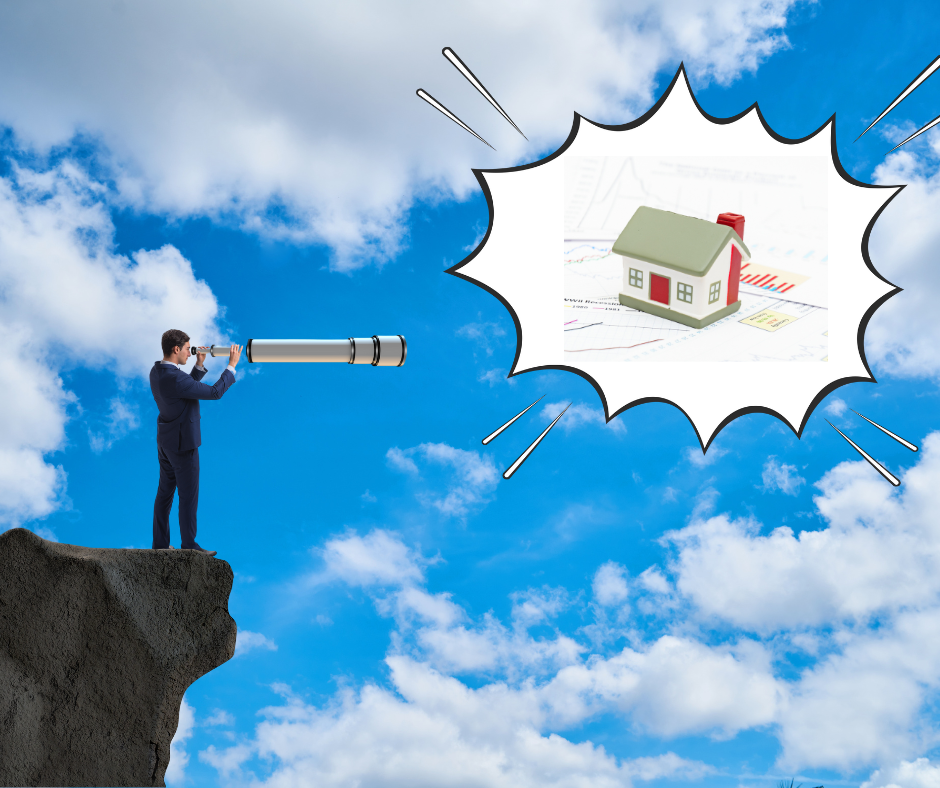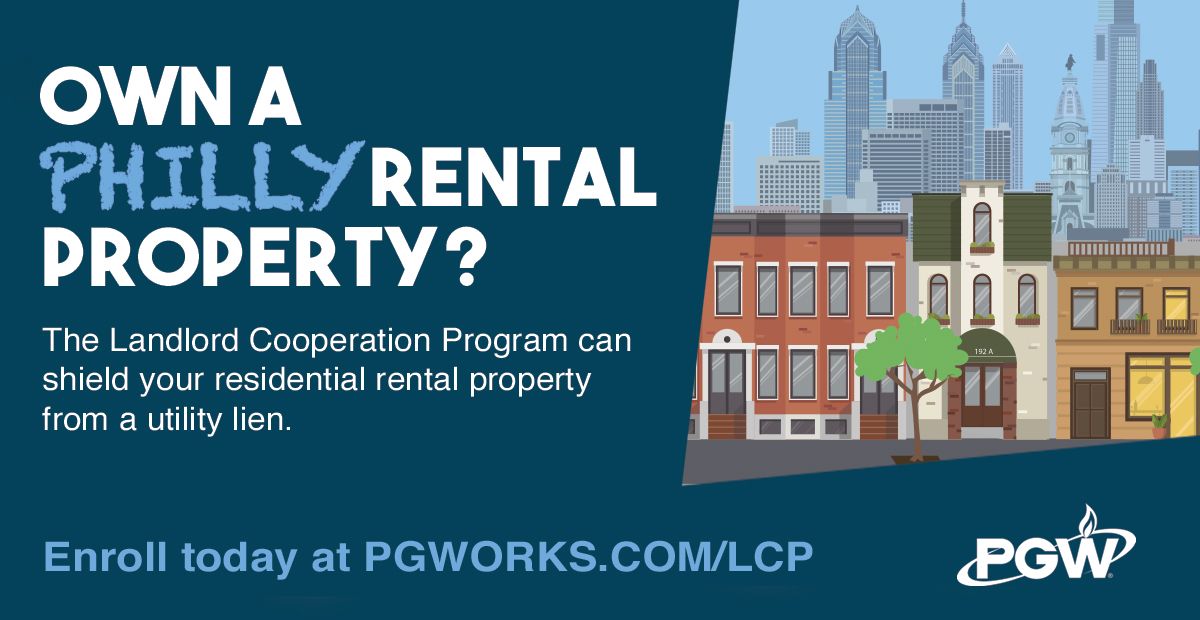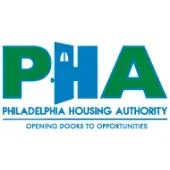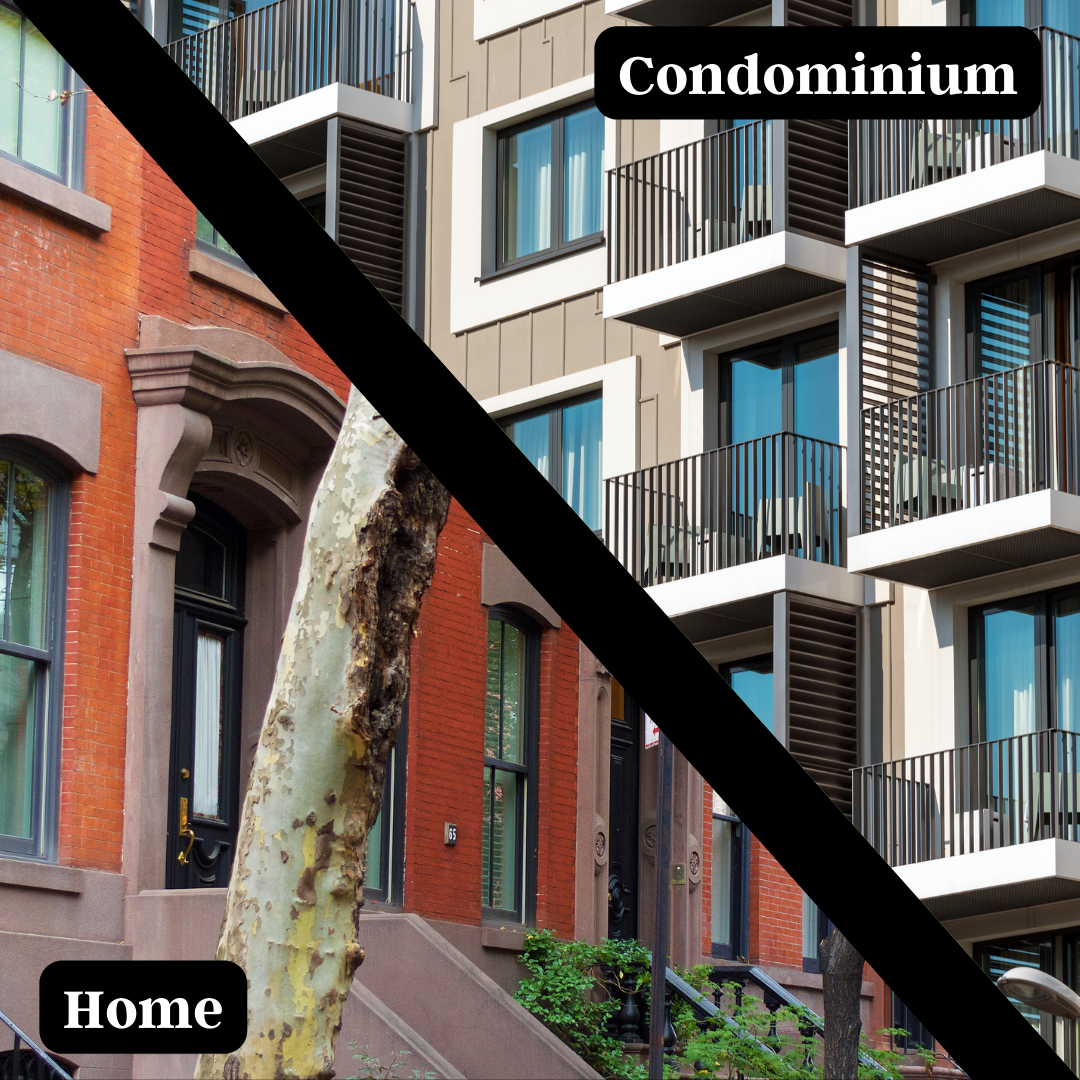The Zoning Process in Philadelphia
Zoning can be a complicated process so it is good to know exactly how it works, what needs to be zoned, and how you should go about getting zoning for your property!
The following will serve as a quick reference guide to the zoning process in the Philadelphia area. However, if you have any questions about zoning or are looking to get your property re-zoned please reach out to a zoning lawyer to best serve your needs and give you proper legal advice for your situation!
What is Zoning?
Zoning refers to municipal or local laws or regulations that govern how real property can and cannot be used in certain geographic areas. Zoning can be different in every county so make sure you are aware of the specific rules and regulations in your county!
What doesn't require zoning in Philadelphia?
Before we dive into all the different situations for which you would need zoning lets first list out all of the things that don't need a zoning permit in the city of Philadelphia (according to the official website of the City of Philadelphia government). However, it is still important to make sure there aren't any other requirements or other types of permits needed to do any of the below.
- Alterations to an existing structure that do not change the area, height, floor area, or current legal use.
- Fences at or below the height allowed by the Zoning Code.
- Canopies or awnings (120 sq. ft. or less) for one-or-two-family dwellings.
- Sheds, playhouses, pergolas, and similar structures (in the rear yard and 120 sq. ft. or less) for one-or-two-family dwellings.
- Concrete or other hard surface materials, such as driveways and patios.
- Decks. A deck can’t be more than 12 in. above the ground or over any basement or other story.
- Equipment like generators or air conditioners (as long as they are not within a required setback from the property line and service the property).
- Exterior painting of murals (as long as the mural is not serving as advertisement).
The following are the different situations that would require a zoning permit
This
link is a questionnaire (by the city of Philadelphia) that will help you determine which kind of permit you need for your particular situation. For all of the below, if it gets denied you would need to file for an appeal to the Zoning Board of Adjustments and are recommended to do so with a legal specialist. Additionally, for some of the below an accelerated plan review would speed up the process to be reviewed within 5 business days but is an additional $1,050 ($350 is due once you apply the rest to be paid once approved).
The above permit is required if you are increasing or decreasing the amount of units at your property, changing from commercial to residential or vice versa, establishing retail location/business office/restaurant/daycare, or converting a warehouse into an artist studio. The fees for these permits are, $25 - $100 for filing fees and $174 for the permit fee.
The above is required if you are combining lots, trying to split a lot into multiple lots, or reconfiguring the property lines between adjoining lots. The fees for these are permit fees of $232 for less than 30,000 square feet or $580 for more than 30,000 square feet ( a $100 filing fee will be required for both and will go towards the permit fees).
Signs
The Department of Licenses and Inspections (L&I) issues these approvals and applies for number of signs, type, size, location, height, & illumination or lighting. Certain sign types don't need zoning approval and they are listed as the following; Window signs installed in up to two windows or doors (the sign can’t take up more than 20 percent of the transparent glazed area of a door or window), signs located in a building’s interior that are more than 18 in. from, or on more than a 45 degree angle to any window or opening (these signs are not intended to be visible from the outside), digital and video screens on outdoor equipment such as fuel pumps and ATM’s (limited to 1 sq. ft.), signs that give directions and are under 10 sq. ft. in area and under 7 ft. in height, and temporary real estate signs. If the proposed signs fit certain standards, you do not need to submit plans. Check if your sign complies with Philadelphia's EZ Sign Standard for Zoning. Accessory signs (located at the same place as the activity or business they advertise): $232 per sign & Non-accessory signs (advertising goods or services found at a different location): $365 per sign (with a $100 non refundable fee).
Zoning approval is required to get a building permit. For smaller projects, such as additions to single-family homes, the Department of Licenses and Inspections can review zoning and building code requirements at the same time. For larger projects, such as new construction of apartments or mixed-use buildings, you should complete the zoning process before submitting your building permit application. The might also need to be reviewed by the City Planning Commission, Development Services, & The Philadelphia Water Department. The fees for these permits are, $25 - $100 for filing fees and varying permit fees.
You need a Zoning Permit to create new off-street parking. If parking is part of your development project, such as new construction or an addition, you may request it on the same zoning application. The fees for these permits are, $25 - $100 for filing fees and $174 for the permit fee.
Demolition
You need zoning approval to demolish an entire building or structure. Zoning approval is required to file for a Complete Demolition Permit. There is a $25 filing fee and a $58 permit fee.











